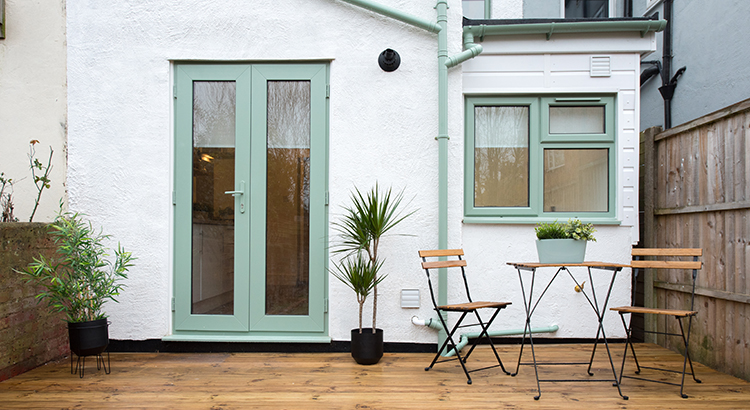With the changes in the local Seattle/Bellevue (Puget Sound) market it begins to be evident who is a “glass half full” or “glass half empty” kind of person. We see this particularly with sellers over our buyer clients because the seller is the person who is really putting themselves out there in terms of hoping someone else out in the world will love their home just as much as they do. I often compare selling houses to the dating world because there are a lot of similarities – even more so with online dating.
So, why do I have a post title that implies there might be denial going on? Because sellers don’t always have access to the same amount of data input that agents receive, therefore it is easier for them to pretend or ignore that some of the negative economic indicators exist. If you pay attention to all of the factors then you’ll realize that different strategies need to be in place to meet market realities. Think of it… are you still paying full price for everything you buy? There is no one I know, and I’m talking about all economic ranges here, that isn’t cutting back. Not only is there simple, anecdotal evidence everywhere, but the financial markets support this too:
- The USA went from a negative savings rate (-3%) to now being at a 4% savings rate. People are keeping their cash.
- The Treasury of the US Government is printing money like no one’s business causing many economists and financial analysts to worry about heavy inflation coming in the next 5 years. For anyone in their 30’s and younger, you probably don’t remember or know that the 1980’s had huge interest rates of 12%-18% on home loans.
- Interest rates are continuing to stay low to help the housing market, one of the major influencers of our economy. Tax credits being offered by the US Government if you buy this year before November 30th.
- Foreclosure rates and default rates have gone up significantly. In our market areas alone you can find different neighborhoods being impacted with as much as up to 30% of homes being in default, 30% of homes bank owned and the rest (40%) are the traditional sellers.
- Home prices have dropped anywhere to 2002 to 2005 pricing, depending on your neighborhood. Time on market has shot up to ranges of 60 to 240 days.
I had a discussion last night with a client who hadn’t taken my advice on initial pricing and said we needed to address it. His remark was that he thought things were turning around and he’d be okay. That led to a discussion (again) about our market and the factors influencing his sale. The ugly truth is that while things are beginning to stabilize a bit, there is still an expectation of 5 years of loan resets and possible short sales and foreclosures happening. Housing prices in his area have dropped so that his home, in an association with dues, looks more expensive than a single family home outside of an association.
The effect of distressed loans/properties is going to suppress housing prices because we still have large volumes of homes going on market each day with fewer buyers. If your home is outside the $200k to $350k price range, expect longer time on market and potential price reductions because it is the 1st time home buyer price range that’s moving in this market. All others are slower unless you’re in a highly, highly, highly desireable and hard to get into area. Read my electronic lips… we are not going to go back to hyper-appreciation levels of 12%-35% in the Puget Sound region any time soon despite the Growth Management Act. Although with all the builders going under we’re certainly going to have a slow down of additional housing inventory so we’ll see some strengthening – but strengthening doesn’t mean crazy growth.
Sellers – Plan well and put a strategy in place that you’ll actually keep to. If you’ve been in your home for longer than 7 years you should have more breathing room to adjust and be creative in making deals work. Focus on your goal of *why* you are selling and if you have a timeline associated with it. Believe me, agents don’t enjoy the pricing discussion any more than you do, especially if they’re repeating something they’ve already told you up front. There is no hard and fast price for your home – it’s still worth whatever a buyer is willing to pay, and what you are willing to accept. For now, though, there may be in some people’s minds a bigger gap between them and buyers. Maybe that’s the gap left in that glass…


